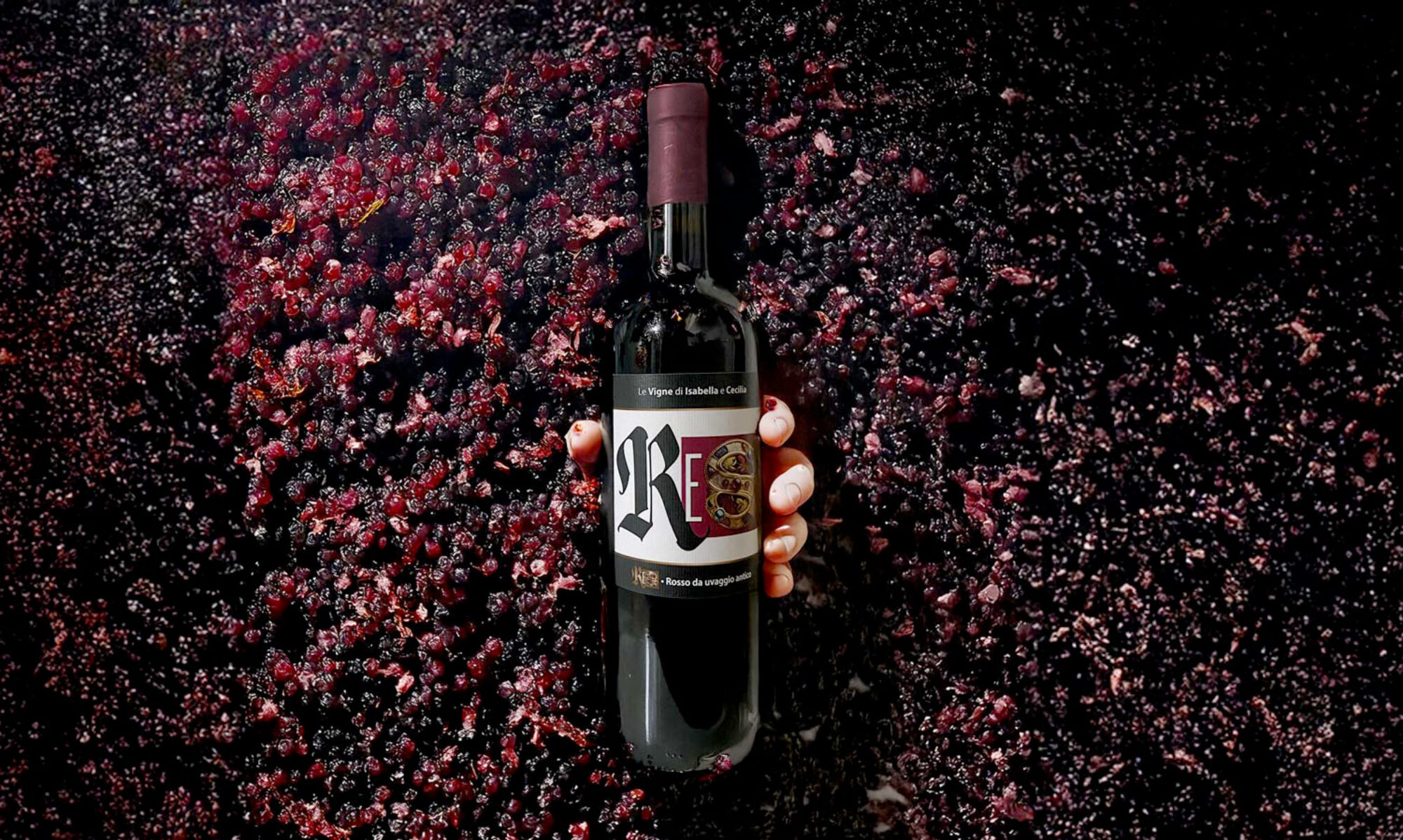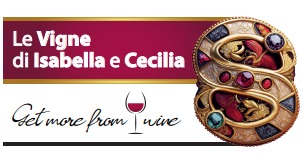Le ricerche più recenti
Tra le più importanti una ricerca apparsa nel 2023 (“Moderate Wine Consumption and Health: A Narrative Review”, Hrelia – Di Renzo – Bavaresco – Bernardi – Malaguti – Giacosa https://www.mdpi.com/2072-6643/15/8/1921) afferma che:
“Wine is actually an alchemy of unique properties, with a rich and original composition in terms of polyphenols and antioxidants and a protective association between low-to-moderate wine consumption and cardiovascular diseases, type 2 diabetes and neurological disorders [152]. There is therefore strong scientific evidence from Mediterranean and non-Mediterranean countries that moderate wine consumption increases longevity, reduces the risk of cardiovascular disease and does not appreciably influence the overall risk of cancer [134] even though it has to be underlined that not drinking alcohol is better for cancer prevention [126].
The alcohol content varies between different types of wine, hovering around 14% for red wine and 11% for white wine, which is much lower than that of spirits (around 35%). Red wine has a high concentration of polyphenolic compounds; the content in white wine is lower, while it is practically negligible in distilled beverages (spirits and liqueurs) [152]. In addition to polyphenols, there may also be other phenolic and nonphenolic bioactive components in wine, usually less considered, that may contribute to the alleged health effects.
Bioactive components are not the only reason for the beneficial effects associated with wine consumption; social factors also matter. The Mediterranean diet is a dietary model that is also considered healthy because it suggests consuming wine during meals [2]. When consumed during meals, wine tends to be sipped more slowly than other alcoholic beverages and this may provide metabolic benefits. In addition, the concomitant presence of food in the stomach slows the absorption of ethanol, aiding metabolism and hepatic clearance, and lowering the peak blood alcohol concentration. The concomitant presence of food may also reduce the amount of alcohol available to the oral microbiota, which has the ability to metabolize ethanol to acetaldehyde, a compound associated with the tumor effects of ethanol in the upper gastrointestinal tract. In addition, the presence of alcohol may improve the bioavailability of polyphenols in the food bolus, making them more assimilable [153] and may reduce glucose bioaccessibility, which is consistent with the hypoglycemic effects observed in intervention and observational studies of moderate wine consumption.”
Traduzione :
Il vino è un’alchimia di proprietà uniche, con una composizione ricca e originale in termini di polifenoli e antiossidanti e un’associazione protettiva tra il consumo di vino – basso/moderato – e malattie cardiovascolari, diabete di tipo 2 e disturbi neurologici. Esiste quindi una forte evidenza scientifica, sia da paesi mediterranei che non, che il consumo moderato di vino aumenta la longevità, riduce il rischio di malattie cardiovascolari e non influenza in modo significativo il rischio complessivo di cancro, anche se va sottolineato che evitare completamente l’alcol è migliore per la prevenzione del cancro.
Il contenuto di alcol varia tra i diversi tipi di vino, aggirandosi intorno al 14% per il vino rosso e l’11% per il bianco, molto meno rispetto alle bevande distillate (circa il 35%). Il vino rosso ha un’alta concentrazione di composti polifenolici; il contenuto nel vino bianco è inferiore, mentre è quasi trascurabile nelle bevande distillate (spiriti e liquori). Oltre ai polifenoli, nel vino potrebbero esserci altri componenti bioattivi fenolici e non fenolici, generalmente meno considerati, che possono contribuire agli effetti salutari presunti (ndr : tra gli altri, quercetina, melatonina...).
I componenti bioattivi non sono l’unica ragione degli effetti benefici associati al consumo di vino; anche i fattori sociali sono importanti. La dieta mediterranea è considerata salutare in quanto include il consumo di vino durante i pasti. Consumato durante i pasti, il vino tende a essere bevuto più lentamente rispetto ad altre bevande alcoliche, e questo potrebbe avere benefici metabolici. Inoltre, la presenza contemporanea di cibo nello stomaco rallenta l’assorbimento dell’etanolo, facilitando il metabolismo e la depurazione epatica e abbassando la concentrazione massima di alcol nel sangue. La presenza concomitante di cibo può anche ridurre la quantità di alcol disponibile al microbiota orale, che ha la capacità di metabolizzare l’etanolo in acetaldeide, un composto associato agli effetti tumorali dell’etanolo nel tratto gastrointestinale superiore. Inoltre, la presenza di alcol può migliorare la biodisponibilità dei polifenoli nel bolo alimentare, rendendoli più assimilabili, e può ridurre la bioaccessibilità del glucosio, fenomeno compatibile con gli effetti ipoglicemici osservati in studi di intervento e osservazionali sul consumo moderato di vino.
E gli autori affermano anche che :
“Wine complexity is extremely difficult to reproduce in vitro; this complexity and the multitude of different components allow the wine to exert synergistic biological effects that are much greater and more heterogeneous than those performed by individual components”
Traduzione: la complessità del vino è estremamente difficile da riprodurre in vitro; questa complessità e la moltitudine di componenti diversi consentono al vino di esercitare effetti biologici sinergici molto maggiori e più eterogenei rispetto a quelli prodotti dai singoli componenti…(in sintesi, ndr : l’interazione tra i componenti “buoni” del vino potrebbe avere un effetto molto maggiore di quello dei componenti presi singolarmente).
E, in conclusione :
“In conclusion, wine differs from other alcoholic beverages and its moderate consumption not only does not increase the risk of chronic degenerative diseases but is also associated with health benefits. However, health care professionals should not recommend alcohol to nondrinkers because of the paucity of randomized outcome data and the potential for problem drinking even among individuals at apparently low risk, and every effort must be made to promote behavioral education to prevent abuse, especially among young people. Moreover, additional research is required to evaluate and clarify the doubts that still exist.”
Traduzione :
In conclusione, il vino si distingue dalle altre bevande alcoliche, e il suo consumo moderato non solo non incrementa il rischio di malattie cronico-degenerative, ma è anche associato a benefici per la salute. Tuttavia, i professionisti del settore sanitario non dovrebbero raccomandare l’alcol ai non bevitori a causa della scarsità di dati derivanti da studi randomizzati e del potenziale rischio di abuso di alcol, anche tra individui apparentemente a basso rischio. È necessario compiere ogni sforzo per promuovere l’educazione comportamentale al fine di prevenire l’abuso, specialmente tra i giovani. Inoltre, sono necessarie ulteriori ricerche per valutare e chiarire i dubbi che ancora persistono.
La ricerca conclude con i caveat :
“This narrative review has limitations based on the literature selection, with a limited number of evaluated papers, and on the type of data analysis. Additional and future research with new meta-analyses of the existing data as well as new controlled studies and prospective studies have to be planned in order to analyze more precisely the existing data, to produce new evidence on this debated topic and to focus more clearly on the differential effects of wine versus other alcoholic beverages. Systematic reviews are needed to overcome the risks of bias of this paper and to define more clearly the negative and null literature data. In particular, this paper may show biases in paper selection and in outcome reporting.
This narrative review has been written to serve governments, organizations, industry, healthcare providers and individuals in a variety of capacities with the goal of improving health and reducing the global burden of various diseases, including cardiovascular diseases, type 2 diabetes and neurodegenerative diseases, and to favor longevity, but also to strongly remind of the negative effects of alcohol addiction.”
Traduzione :
Questa revisione narrativa presenta limitazioni basate sulla selezione della letteratura, con un numero limitato di articoli valutati, e sul tipo di analisi dei dati. È necessario pianificare ulteriori e futuri studi con nuove meta-analisi dei dati esistenti, così come nuovi studi controllati e studi prospettici, al fine di analizzare più precisamente i dati esistenti, produrre nuove evidenze su questo argomento dibattuto e focalizzarsi più chiaramente sugli effetti differenziali del vino rispetto ad altre bevande alcoliche. Sono necessarie revisioni sistematiche per superare i rischi di bias (pregiudizi) di questo articolo e per definire più chiaramente i dati della letteratura negativi e nulli. In particolare, questo articolo potrebbe mostrare bias nella selezione degli articoli e nella segnalazione dei risultati.
Questa revisione narrativa è stata redatta per servire governi, organizzazioni, industrie, fornitori di assistenza sanitaria e individui in vari ruoli, con l’obiettivo di migliorare la salute e ridurre l’onere globale di varie malattie, tra cui malattie cardiovascolari, diabete di tipo 2 e malattie neurodegenerative, e per favorire la longevità, ma anche per ricordare con forza gli effetti negativi della dipendenza da alcol.
Concludiamo con alcune delle più recenti ricerche consultate in materia, elencate nel seguito :
https://pubmed.ncbi.nlm.nih.gov/36615832/ (Moderate Wine Consumption and Health : A Narrative Review)
https://www.mdpi.com/2072-6643/15/8/1921 (Health Effects od Red Wine Consumption : a Narrative Review of an Issue That Still Deserves Debate)
https://bmcmedicine.biomedcentral.com/articles/10.1186/s12916-023-02873-z (Change in habitual intakes of flavonoid-rich foods and mortality in US males and females)
https://solongevity.com/pro/resveratrolo-e-polidatina-gli-antiossidanti-naturali/
https://pubmed.ncbi.nlm.nih.gov/28665033/ (Resveratrol and polydatin as modulators of Ca2+ mobilization in the cardiovascular sys)
https://pubmed.ncbi.nlm.nih.gov/36870461/
https://www.ncbi.nlm.nih.gov/pmc/articles/PMC5751192/ (The role of Resveratrol in Cancer Therapy)
https://www.cancer.org.au/iheard/does-resveratrol-slow-cancer-cell-growth (Does resveratrol slow cancer cell growth?)
https://link.springer.com/article/10.1186/s12935-021-02280-5 (Resveratrol mediates its anti-cancer effects by Nrf2 signaling pathway activation)
https://www.inpha.it/Portals/0/EdiProducts/Documents/RESVERATROLO1.pdf (Resveratrolo cos’è)
https://www.ncbi.nlm.nih.gov/pmc/articles/PMC8289612/ (Effects and Mechanisms of Resveratrol on Aging and Age-Related Diseases)
https://www.fertstert.org/article/S0015-0282(20)30770-6/fulltext (Resveratrol depolarizes the membrane potential in human granulosa cells and promotes mitochondrial biogenesis)

